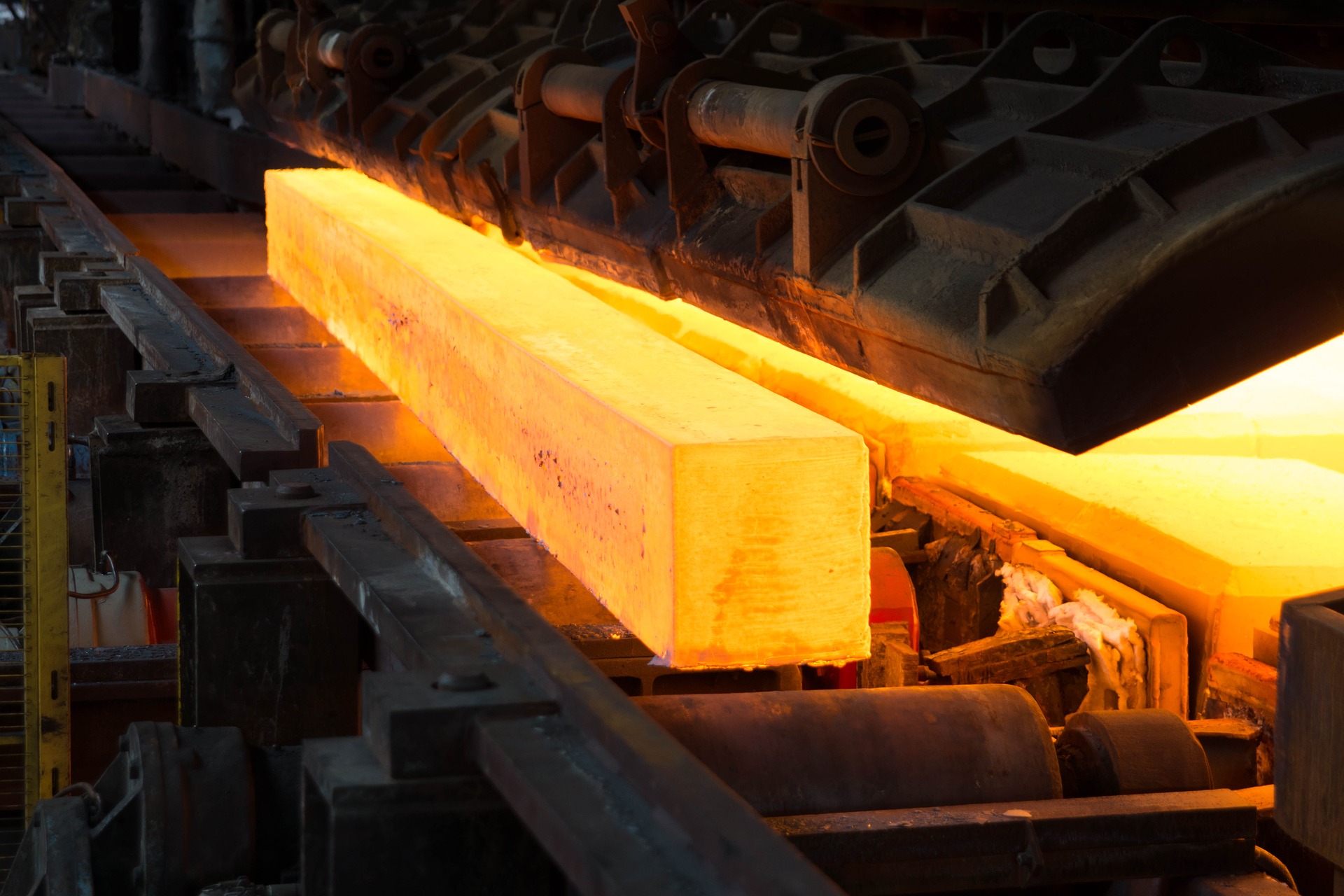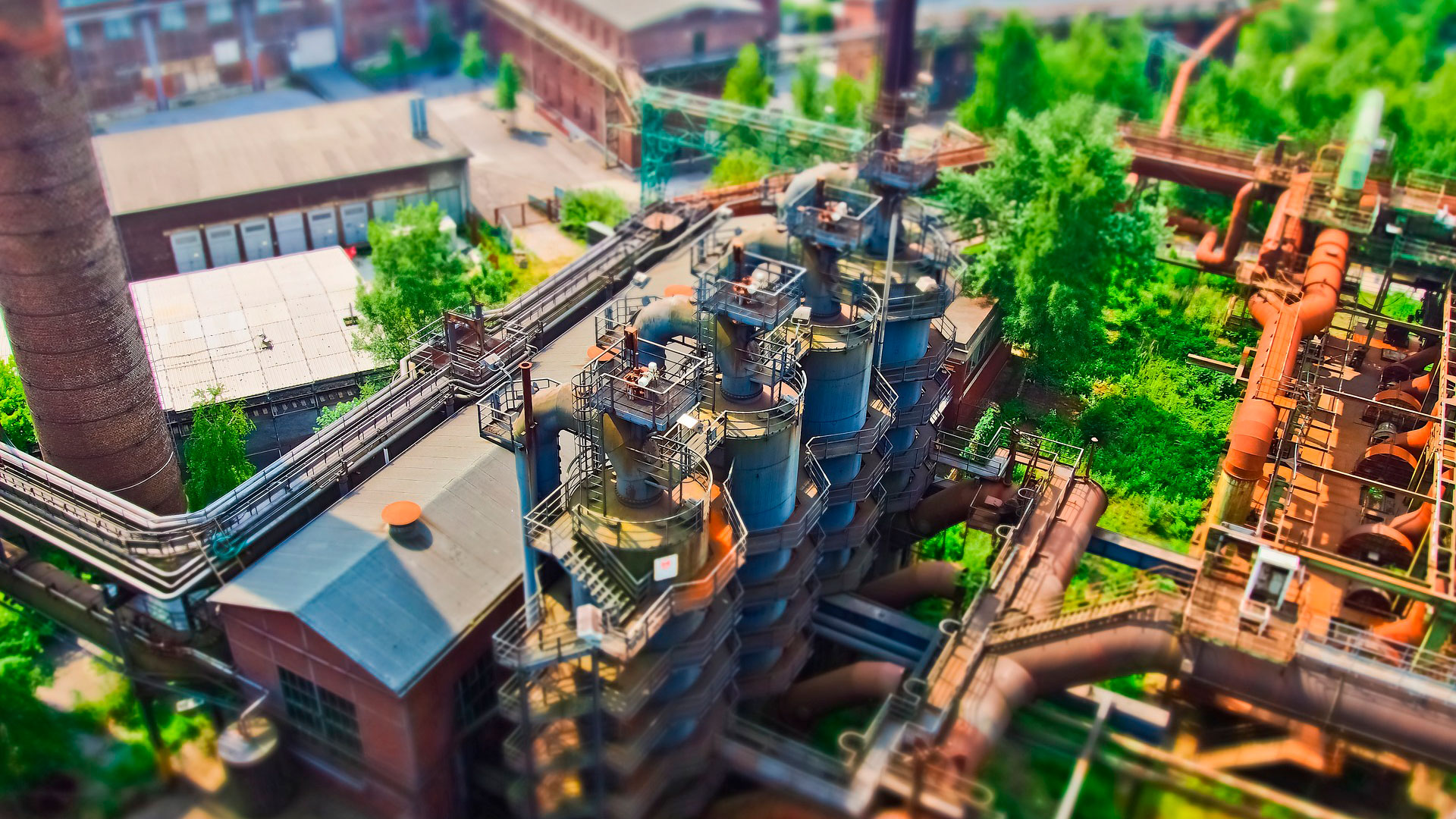Steel is one of the most important industrial materials in modern society. Its use extends to numerous segments of the production of goods, such as construction, automotive, household appliances, furniture, industrial equipment, and so on. However, with 1,864 million tonnes produced in 2020, in an energy-intensive process, industry is directly responsible for between 7% and 9% of the planet’s CO2 emissions. A new initiative aims to pave the way towards the complete decarbonisation of the steel industry. It is the H2 Green Steel (H2GS) project, a new metal production plant that will reduce greenhouse gas emissions by up to 95%. Scheduled to start operation in 2024 in the Norrbotten region of northern Sweden, it will be the world’s first mass production plant for “green” steel.
Traditional steel production relies on the use of coke (coal heated at high temperatures to remove impurities) or natural gas as reducing agents for iron ore. In the new process, H2GS will replace traditional blast furnace technology with direct reduction reactors using hydrogen, so that only sponge iron and water are produced during the process. However, most of the hydrogen produced in the world requires the use of fossil fuels such as natural gas or coal.
To close the loop, H2GS intends only to use hydrogen produced from renewable energy sources. Furthermore, the electricity supply of the new plant, where every step of the production flow will have been “electrified“, will also come from clean energy sources. In this respect, H2GS claims that ‘the region offers unique conditions (…), with access to energy from renewable sources, high quality iron ore, a large port in Luleå and a world-leading group of experts in metallurgy and steel production’.
Despite H2GS’s plans, the price of hydrogen produced with electricity (i.e. energy that can be renewed and therefore “green”) is still far from competitive. Aware of the difficulties that this fact entails, the company assures that “green hydrogen (…) has quickly become an energy solution that is attracting considerable investment, as society takes accelerated steps to achieve climate objectives“. Therefore they are confident that, “with cost reduction at every step, digitalisation of automation, a fully integrated production process, and access to energy from renewable sources, we will produce up to five million tonnes of steel without fossil fuels by 2030″. In any case, the H2GS initiative is certainly a further step towards achieving the UN Sustainable Development Goals and we wish them every success.
Sources: H2GS, Ecoinventos.







